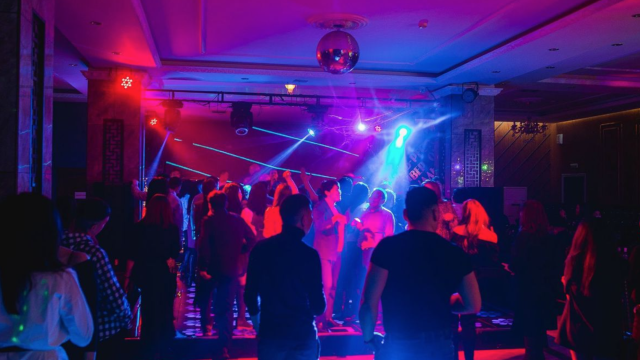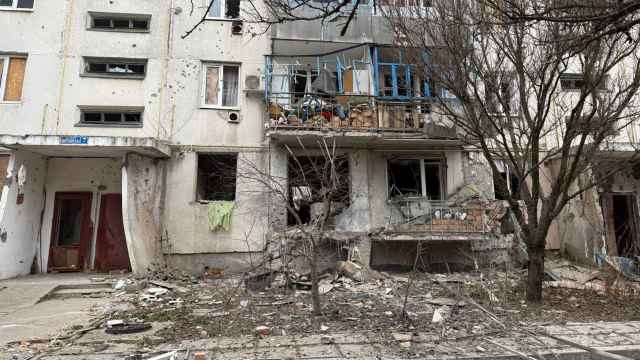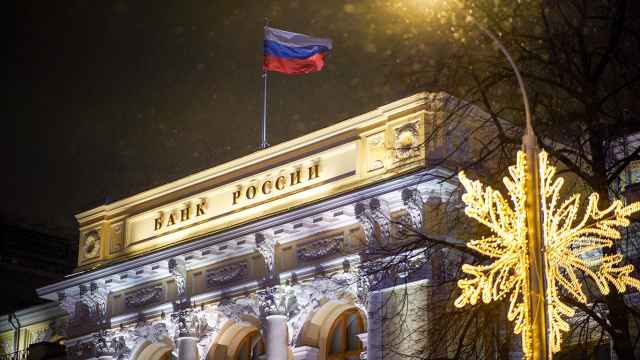On July 10, 2024, the Russian government labeled The Moscow Times an “undesirable” organization, a designation that made it a criminal offense to collaborate with us in any way, shape or form.
Despite the new challenges that this label has brought, we have continued our work. From the presidential election to growing economic pains, the Kursk offensive, and the August prisoner exchange, we’ve been there to cover the biggest events in Russia this year.
As we look back on 2024, we have decided to share six of our favorite articles of the year:
Fraud, Violations and Pressure: Election Observers Describe Russian 2024 Presidential Vote
Our March report on fraud during the 2024 presidential election. More than a dozen election observers who spoke to The Moscow Times reported widespread voting infractions in Russia’s 2024 presidential race, including falsifications of the final results and violations of election rules.
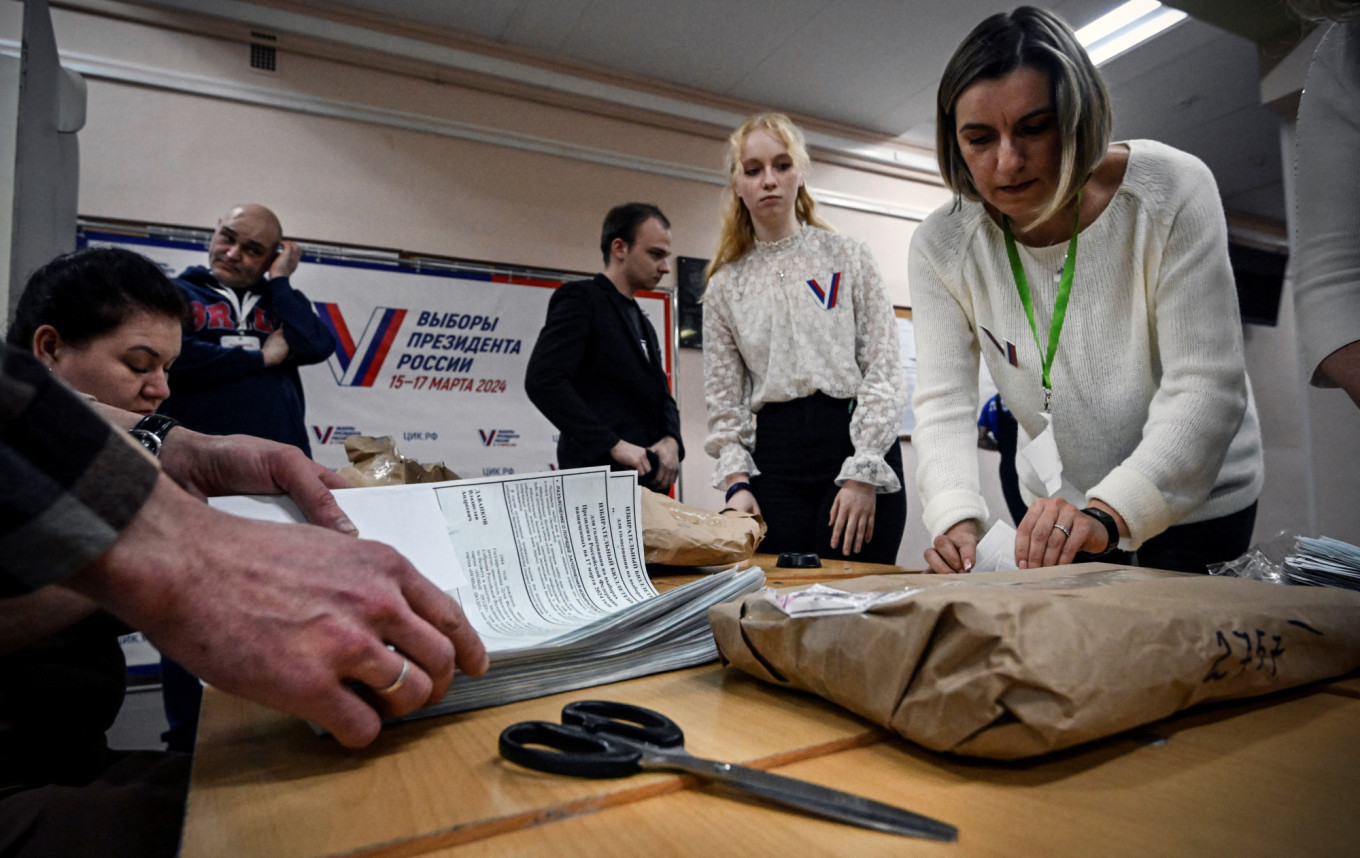
Although the outcome of the election was never in doubt, experts argued that millions of the votes cast for Putin were likely manipulated to guarantee his victory during the three-day voting period.
The observers who spoke to The Moscow Times described falsification, breaches of voting and counting regulations, pressure campaigns and ignorance of election law.
In one example, Moscow election observer Alyona said that election commission members at her polling station refused to immediately record the results after all votes were counted. “After around two hours,” the commission changed the results, adding votes for Putin and “stealing” votes from another candidate.
Alyona said, also violated standard procedure during the vote-counting process. Instead of counting the votes sequentially, it divided all the ballots into groups and distributed them among seven commission members. When Alyona tried to file a complaint, the commission head “refused to sign” it.
Critics say this kind of violation creates opportunities for falsification, making it harder for election observers to check individual ballots and the results themselves.
In another example, at least four observers who spoke to The Moscow Times also complained that members of the election commission lacked knowledge of Russian election laws.
“Most of the errors were not due to some hypothetical directive from above, but rather due to the commission members’ complete lack of care. That isn’t malicious intent, it’s unprofessionalism — most of the violations are directly linked to this,” said one observer from St. Petersburg.
On a Train in Southern Russia, Fatigued Soldiers See No End in Sight to War
In late May, a reporter for The Moscow Times took a train through southern Russia. On the train, they encountered Russian soldiers bound for the front lines of the war in Ukraine. Their conversations paint a bleak picture of the men prosecuting the Kremlin’s war.
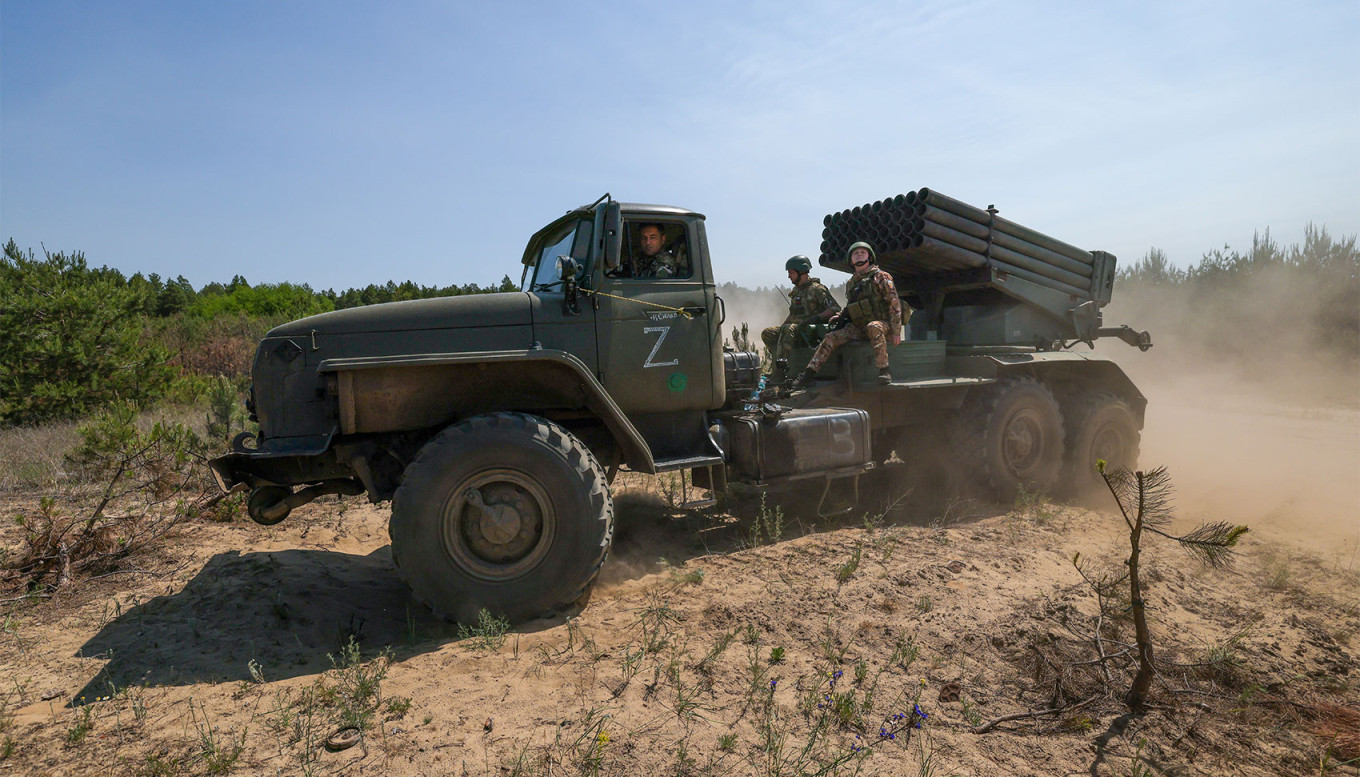
“Making war against the Ukrainians is tough,” one confessed. “It's like fighting against some of our own.” Once, his unit captured a Ukrainian soldier. “Honestly, I felt really bad. He said he didn’t want to fight, and I didn’t want to fight against him either.”
Another had left his high-paying job as a senior specialist at one of Russia’s largest companies. He enlisted after he was told some of his relatives were killed by Ukrainian soldiers at the start of the war. “I draw arrows on a map, and the soldiers move forward,” he explained.
He sometimes has to send squads of men into an attack as a distraction tactic, aware that their chances of survival are slim. “I can’t tell the men, otherwise they wouldn’t fight with the hope of winning,” the soldier explains, his eyes glistening with emotion.
But because he was paid well before the war, he donates his salary to charity. “I don't want to be paid to kill people,” he explained.
Veteran human rights defender, and co-chair of the Nobel Peace Prize-winning Memorial human rights group, Oleg Orlov was one of the 16 prisoners freed by Russia on Aug. 1 in a historic exchange between Russia and the West.
In August, The Moscow Times spoke to Orlov about his exchange and the challenges faced by Russian human rights defenders who have been forced out of the country but remain committed to continuing their work.
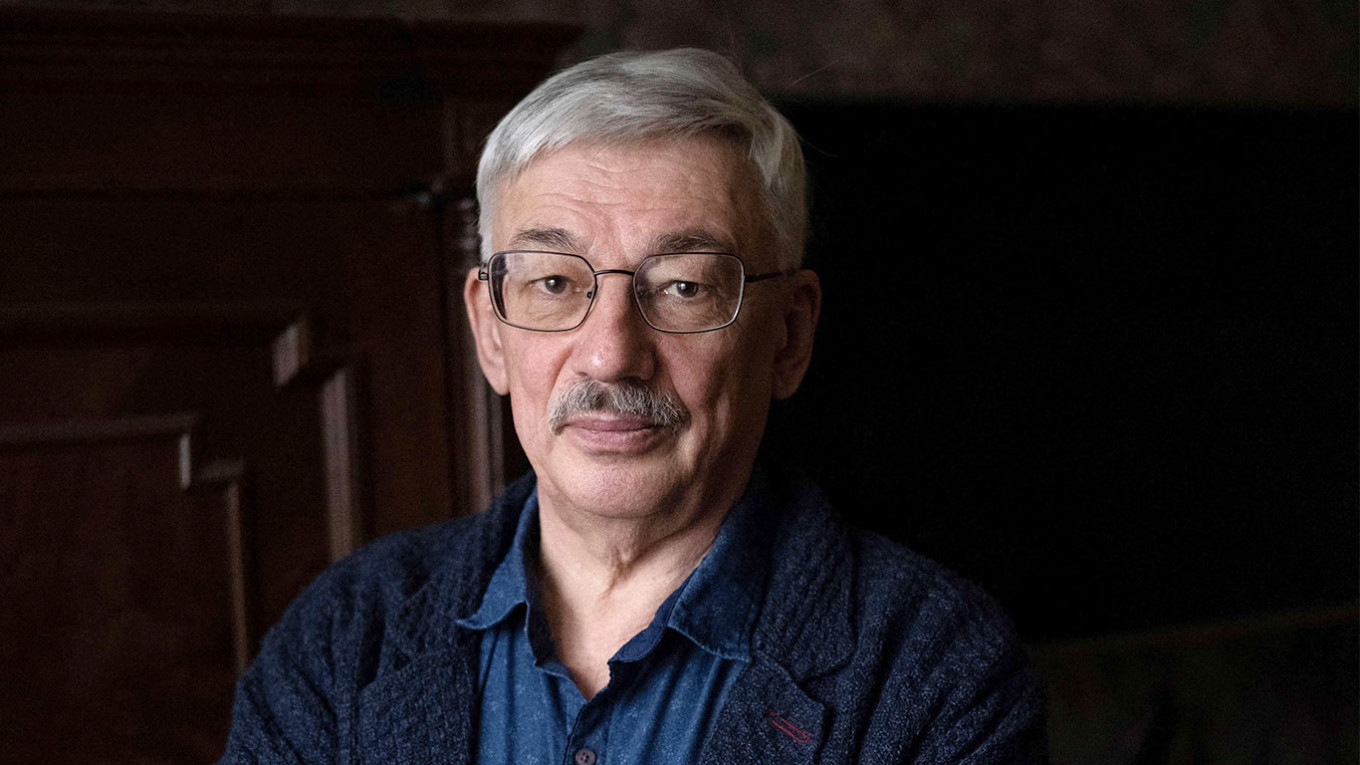
Orlov describes the emotions he felt upon realizing he was being released: the joy of seeing Sasha Skochilkenko and other political prisoners, the sense of freedom in seeing colors in the sky through windows without bars, and also the feeling of guilt when he realized who wasn’t being exchanged with them.
Despite his experience in prison, Orlov said he still believes a better future for Russia is possible, and that he was always able to find common ground with his fellow prisoners, a fact which keeps him optimistic
‘My Hands Are Stained with Blood’: The Russian Soldiers Fleeing the War in Ukraine
In September, we released this article about Russian soldiers who were fleeing the war in Ukraine. It tells the story of some of the men who’ve fled the front lines, as well as the story of one organization helping them desert.
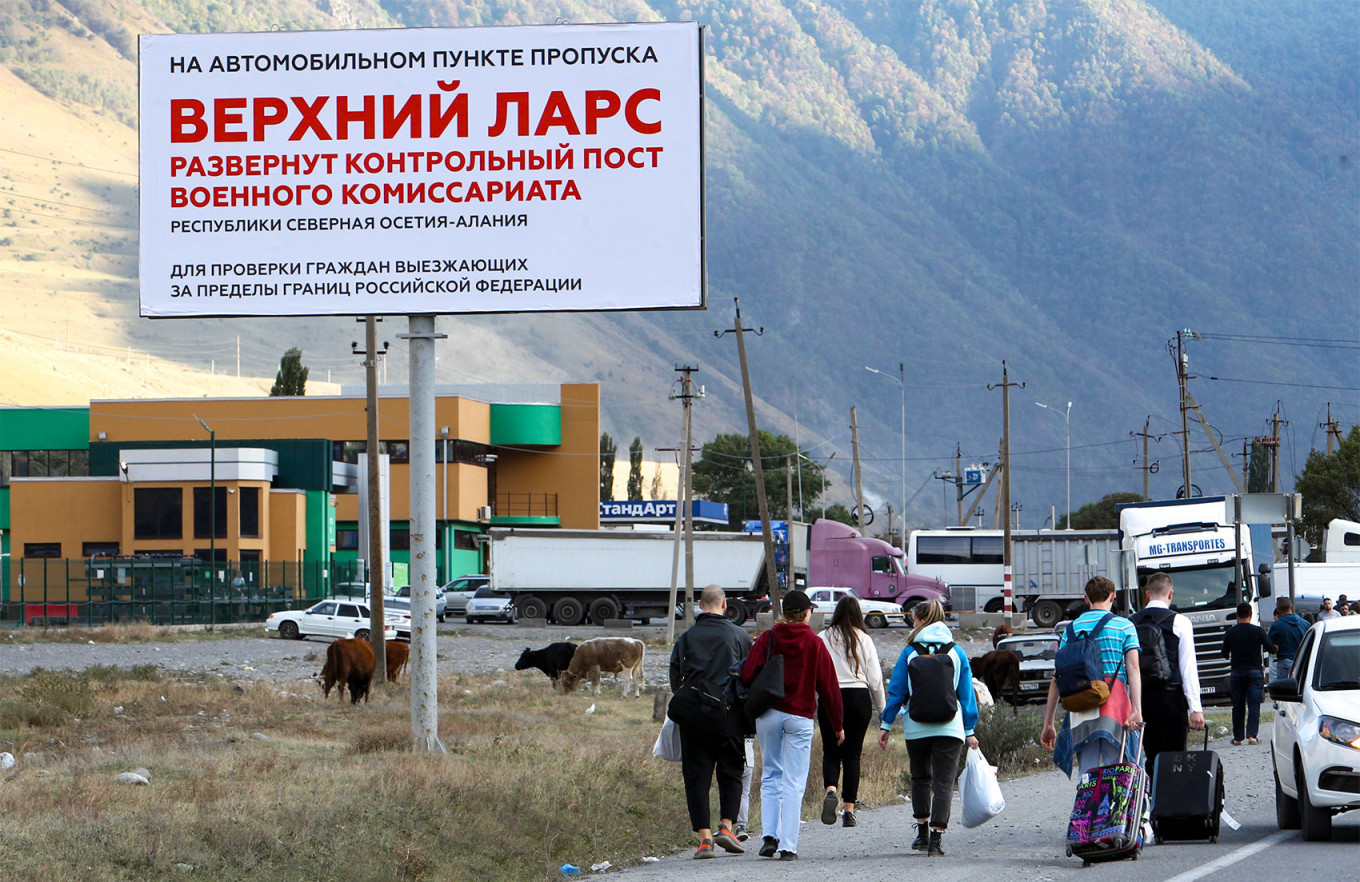
Idite Lesom (“Get Lost”) is a Russian project that assists men in avoiding combat and told The Moscow Times it has helped over 900 people to desert. They have also provided consultations to at least 35,000 Russians on how to avoid military service, leave Russia or find refuge inside the country.
Volunteers help soldiers develop a desertion plan and establish a secure communication channel.
One such soldier was Ivan, a doctor from St. Petersburg. He graduated this year, when the full-scale invasion of Ukraine had already been ongoing for two and a half years, and fled the country to avoid being drafted. He faces 15 years in prison if he returns.
Ilya, another, signed a contract with the Defense Ministry before the full-scale invasion of Ukraine. When the war started, he was in a unit that shouldn't have taken part in the war. But things quickly changed, Ilya told The Moscow Times in an interview over text.
Ilya contacted Idite Lesom. “They helped me along the route. I waited for two weekends and just ran away. I calmly set out according to the Idite Lesom route and I ended up abroad,” Ilya said. He is now in Europe, where he is trying to start a new life.
40% of deserters choose to leave Russia, according to Idite Lesom.
Punitive Psychiatry: An Increasingly Common Tool in Russia's Crackdown on Activists
In October, we released an article that examined the increasing use of punitive psychiatry in Russia, a practice that dates back to the Soviet Union.
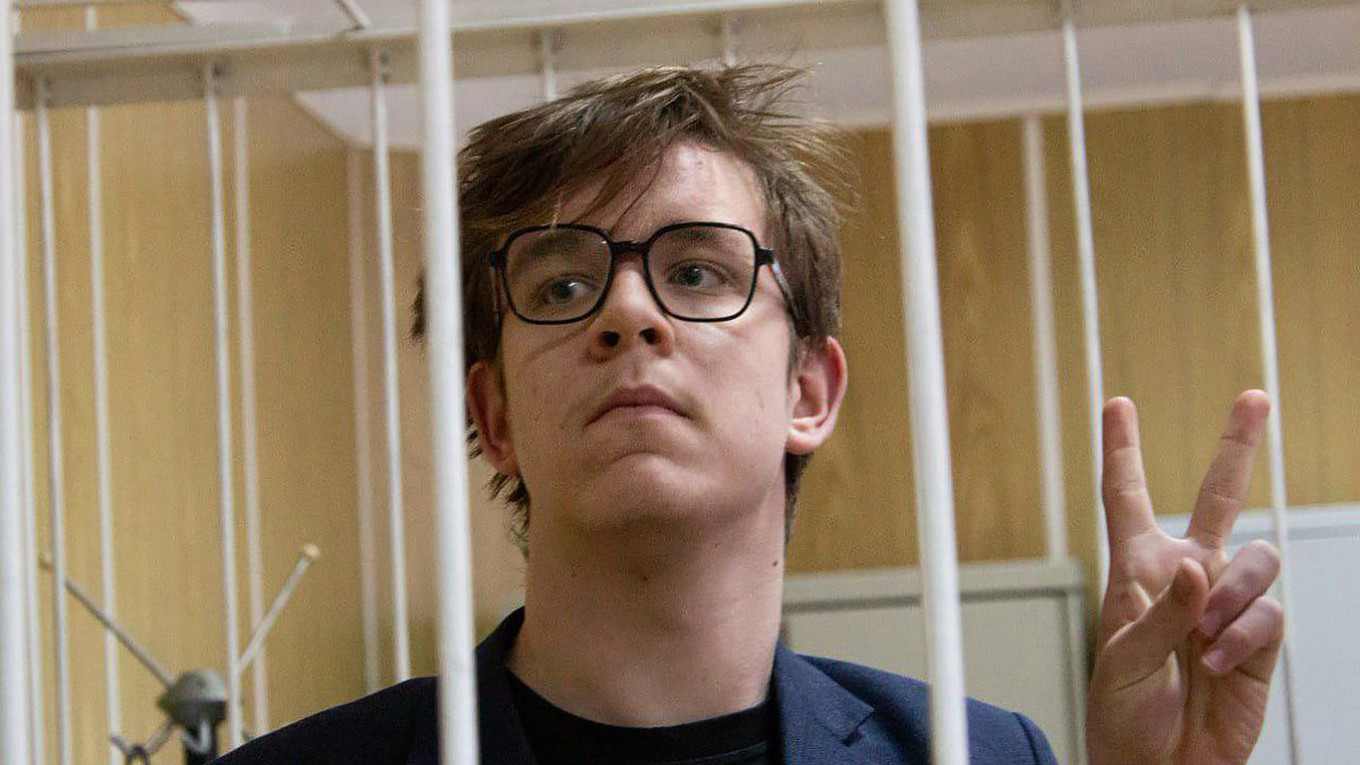
Punitive psychiatry involves being subjected to humiliation, beatings and being injected with powerful antipsychotic drugs. According to independent investigative outlet Agentstvo, the number of political activists placed in forced psychiatric treatment in 2023 was five times higher than the average for 2021-2022.
After the start of the war with Ukraine, Russia sent 86 people to forced psychiatric treatment, Agentstvo said in May, adding that distinguishing real and politically motivated cases is impossible. Human rights watchdog Memorial says at least 49 people in Russia have been sent to forced psychiatric treatment in politically motivated punishment.
The Moscow Times took a look at some of the most well-known cases, including teenage protester Maxim Lypkan, who told RFE/RL the invasion of Ukraine was a betrayal by Russia, Maria Semerenko, who posted on Instagram about the Russian army’s atrocities in Bucha, and Artyom Vatria, a Muslim man from the Khanty-Mansi autonomous district who says that evidence was planted on him and two others by authorities in 2020.
In Numbers: How Russia’s Regions Entice Ukraine War Recruits With Money
Nizhny Novgorod Governor Gleb Nikitin announced in November that his region would hike the one-time payment to volunteers enlisting to fight in Ukraine to 3 million rubles ($30,000). That made Nizhny Novgorod the region with the highest signing bonus.
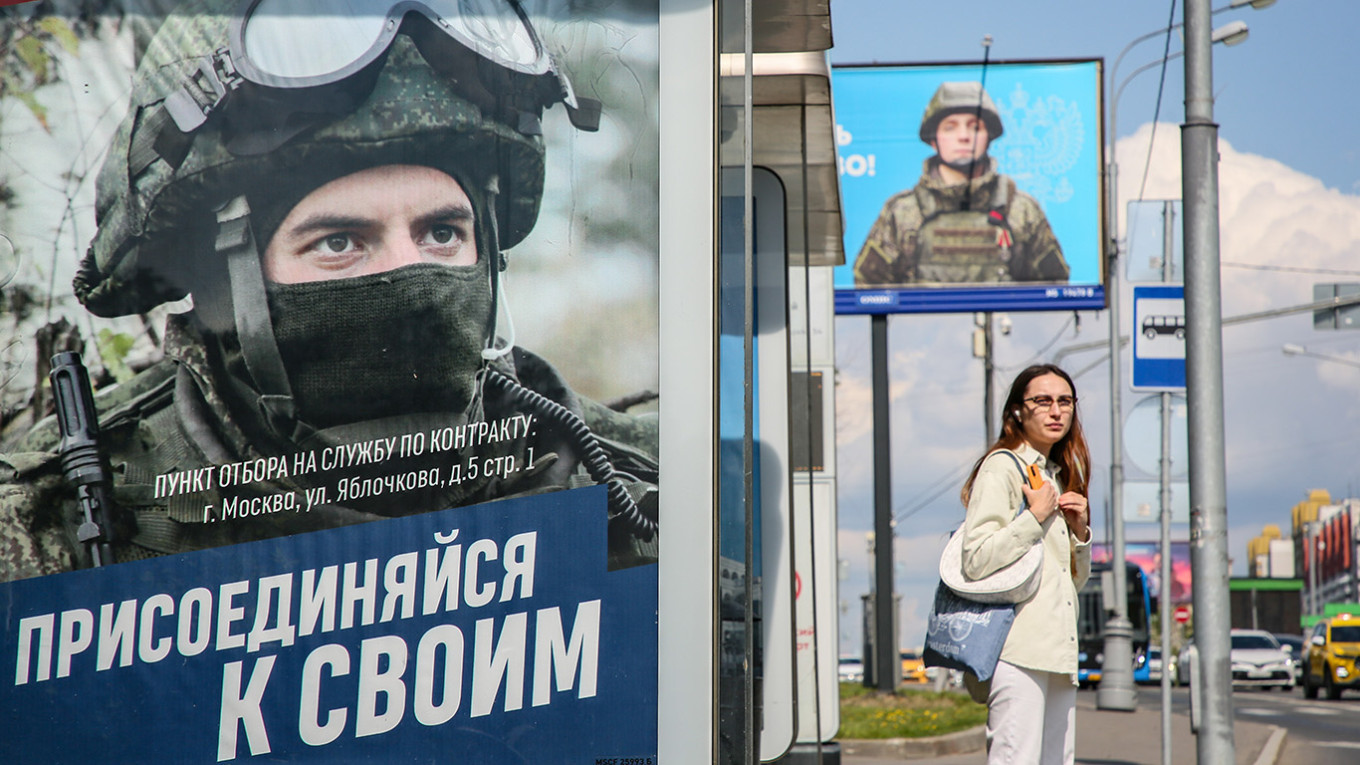
As the recruiting pool for the Russian military dwindles, governors have had to hike payments and salaries for new recruits. According to scientist Maria Vyushkova, a leading researcher of regional and ethnic disparities in Russia’s war casualties, the number of recruits generated has become a key performance indicator for regional governors.
While Russia does employ more coercive tactics to get recruits to the front, money is the most decisive factor. For many, the signing bonus and the monthly wage far exceed the median salaries in their regions.
Tatarstan and Bashkortostan even offer rewards to volunteer recruiters who find future soldiers and accompany them to the nearest enlistment office to sign a contract. In Tatarstan, a recruiter could get paid as much as 100,000 rubles ($1,000) for each contract they facilitate — a payment nearly three times higher than the median monthly salary in the region.
A Message from The Moscow Times:
Dear readers,
We are facing unprecedented challenges. Russia's Prosecutor General's Office has designated The Moscow Times as an "undesirable" organization, criminalizing our work and putting our staff at risk of prosecution. This follows our earlier unjust labeling as a "foreign agent."
These actions are direct attempts to silence independent journalism in Russia. The authorities claim our work "discredits the decisions of the Russian leadership." We see things differently: we strive to provide accurate, unbiased reporting on Russia.
We, the journalists of The Moscow Times, refuse to be silenced. But to continue our work, we need your help.
Your support, no matter how small, makes a world of difference. If you can, please support us monthly starting from just $2. It's quick to set up, and every contribution makes a significant impact.
By supporting The Moscow Times, you're defending open, independent journalism in the face of repression. Thank you for standing with us.
Remind me later.



